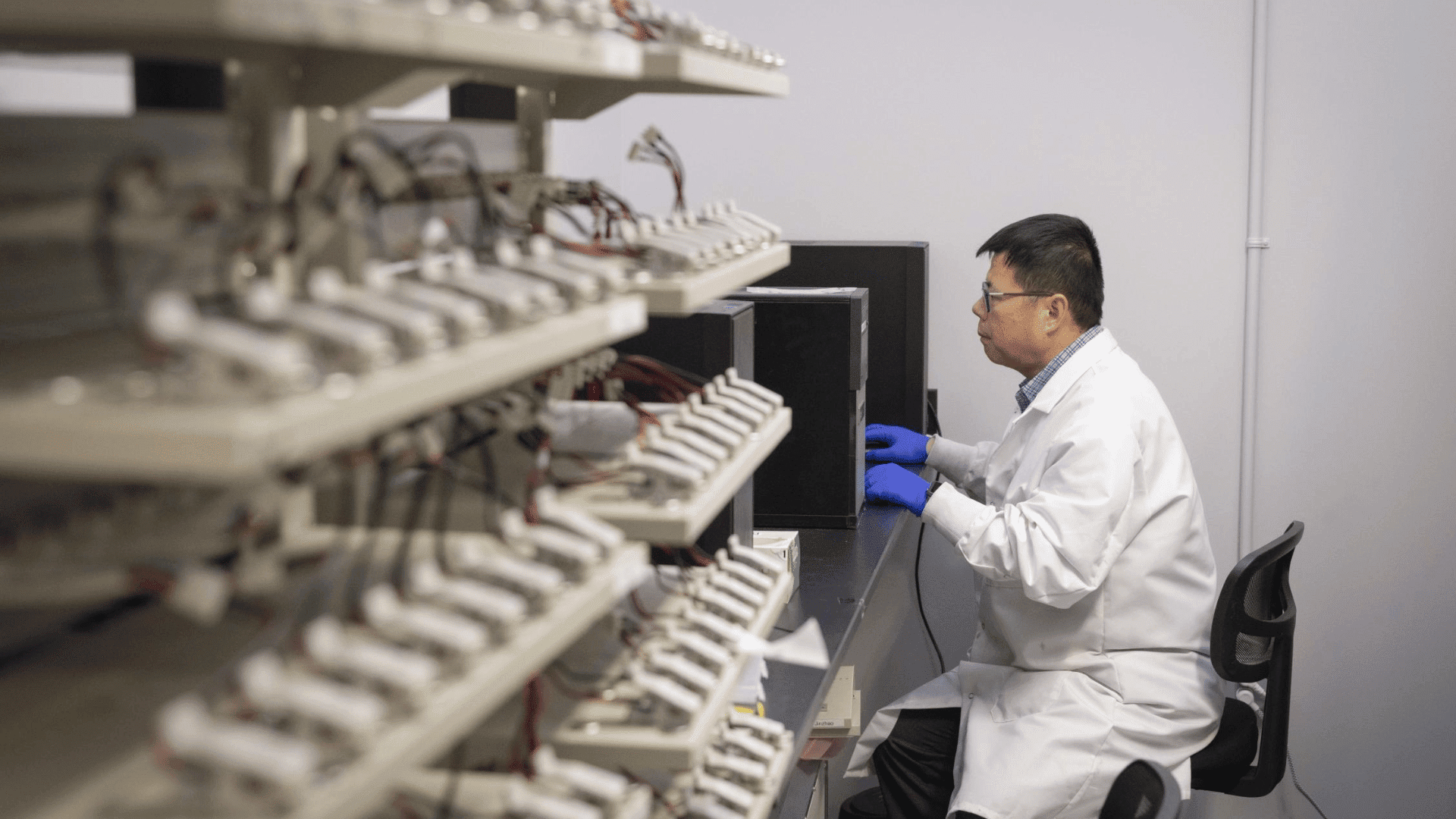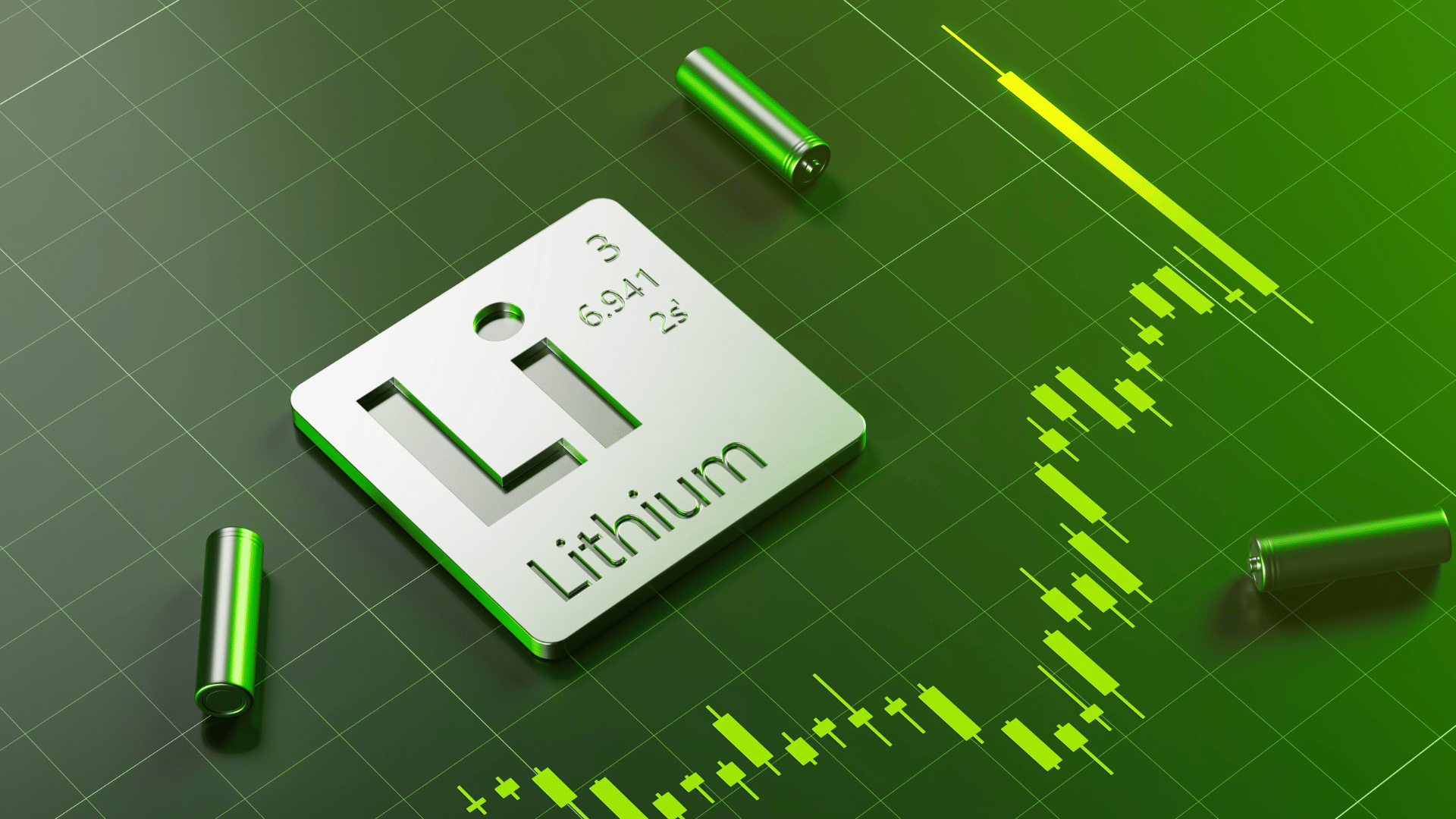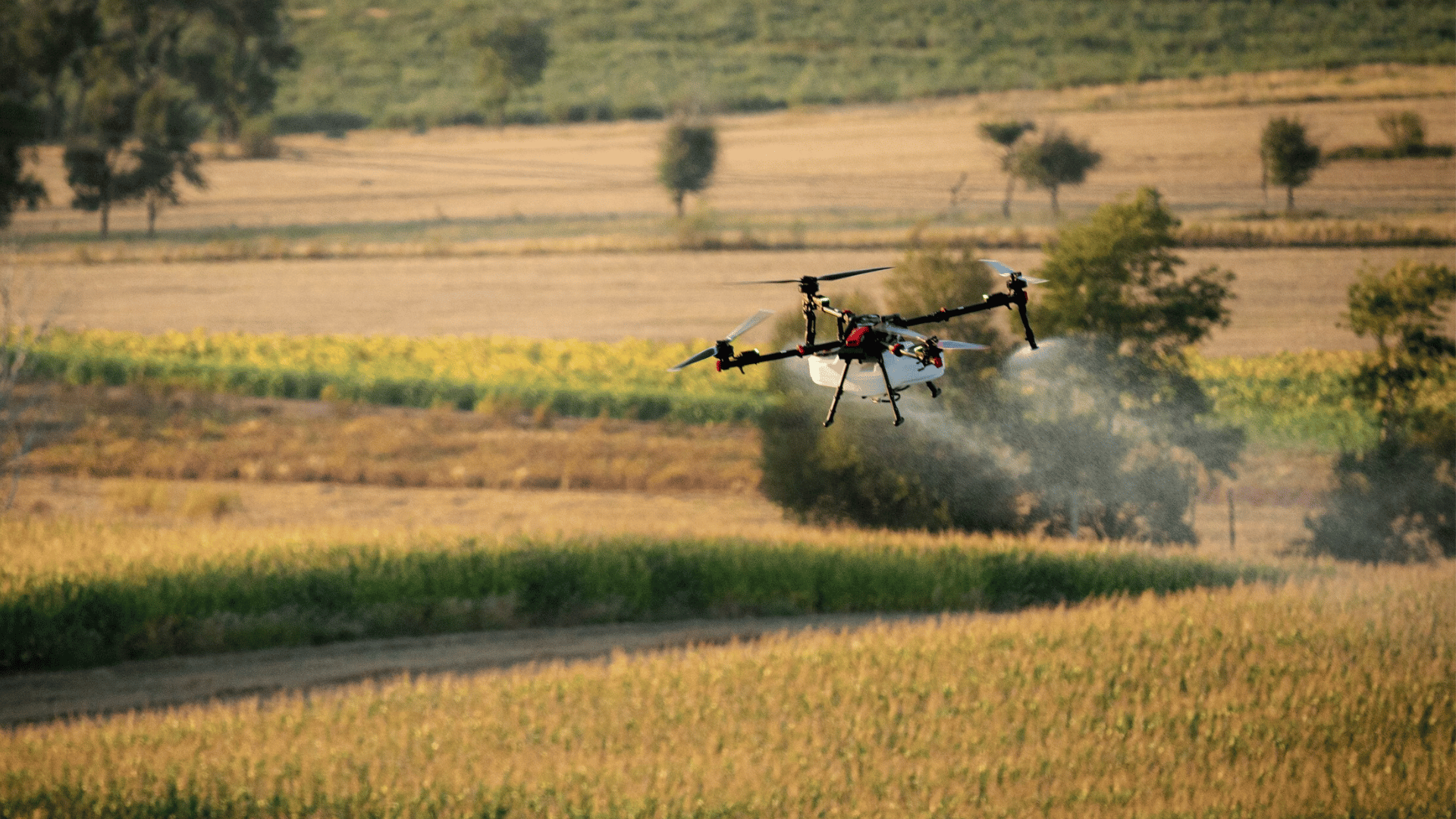Researchers at Worcester Polytechnic Institute (WPI) in Massachusetts are developing sustainable energy technology to recycle lithium-ion batteries. Researchers say the innovative approach is designed to be highly efficient and eco-friendly. It aims to address the global challenges of clean energy expansion.
Extracting Critical Metals From EV Batteries

The project is spearheaded Professor Yan Wang, a Professor of Mechanical and Materials Engineering. His team’s research was published in Energy Storage Materials. According to the press release, researchers took an “innovative hydrometallurgical upcycling approach,” which reportedly offers significant environmental and performance advantages over current recycling methods.
According to the researchers, the process is advanced. It targets spent nickel-lean (Ni-lean) cathode materials, a common component in lithium-ion batteries. Traditionally, Ni-lean is difficult to recover, relying on energy-intensive processes.
However, according to Wang and his team, their approach is remarkably efficient. They say it recovers “more than 92% of critical metals, nickel, cobalt, and manganese, and turns them into high-performance cathode powders.”
Impressively, the batteries produced from the recycled materials perform just as efficiently as ones made from raw materials. Their tests show “88% of their capacity after 500 charge cycles and over 85% capacity after 900 cycles in commercial-scale pouch cells.”
Additionally, their new method could significantly reduce carbon emissions by 13.9% compared to traditional recycling. It also reportedly uses 8.6% less energy.
Wang emphasized the potential implications of their work. He said, “This work not only addresses the environmental challenges of battery waste but also helps reduce our dependence on mining for critical materials.”
There are two challenges that the innovation confronts. First, it addresses the amount of global battery waste. Second, it helps the growing demand for critical materials crucial to EV batteries and other electric technologies.
“We’ve shown that it’s possible to create high-performance batteries from recycled materials at scale, which is essential for building a more sustainable and resilient battery supply chain,” Wang added.







